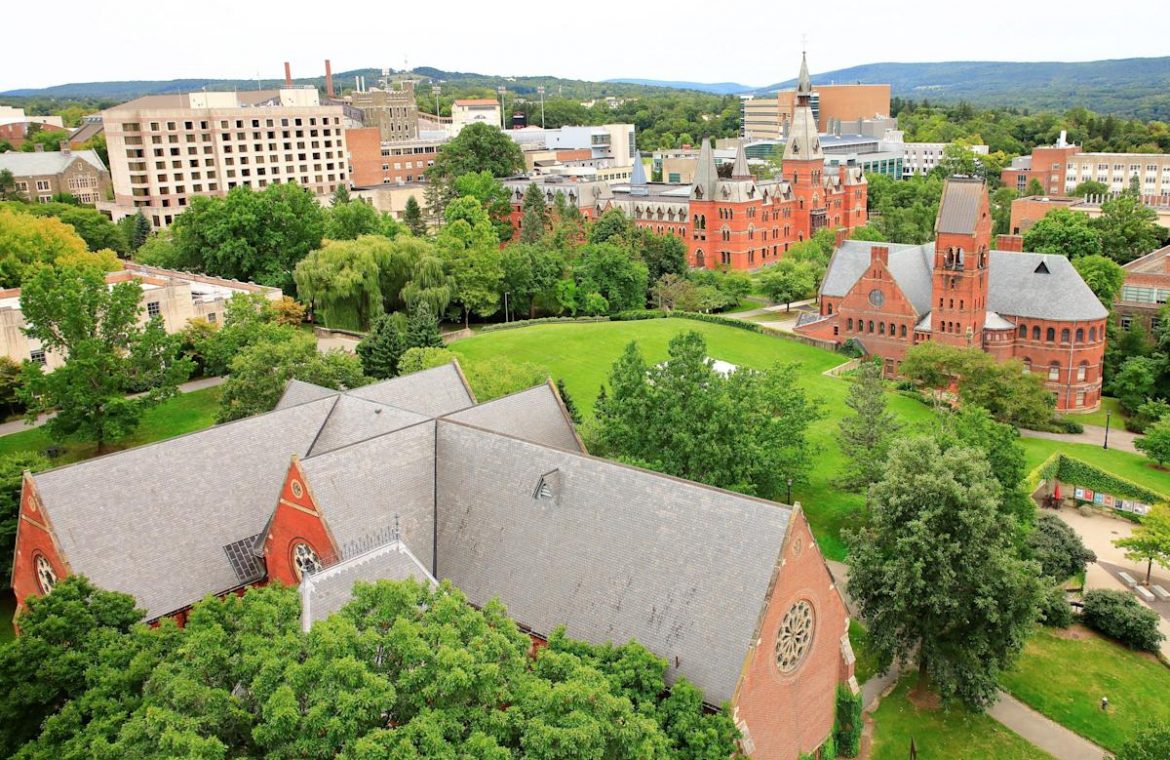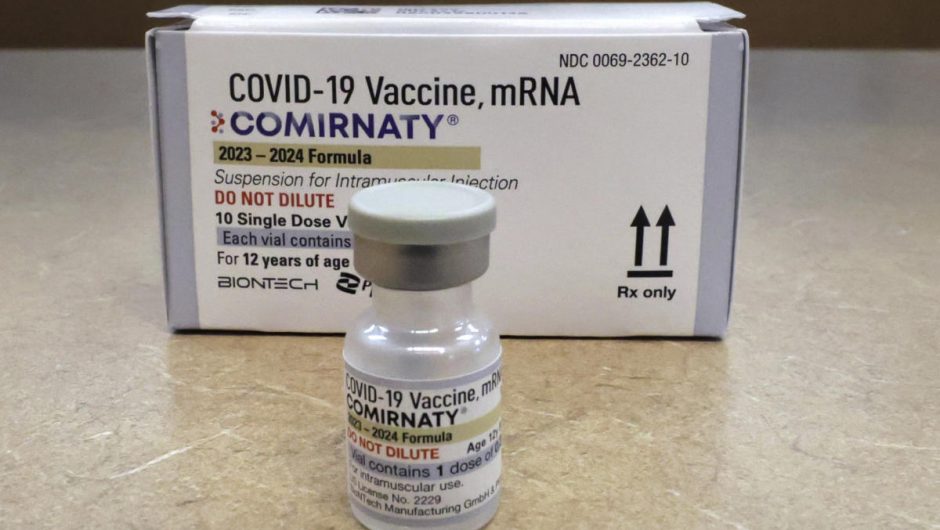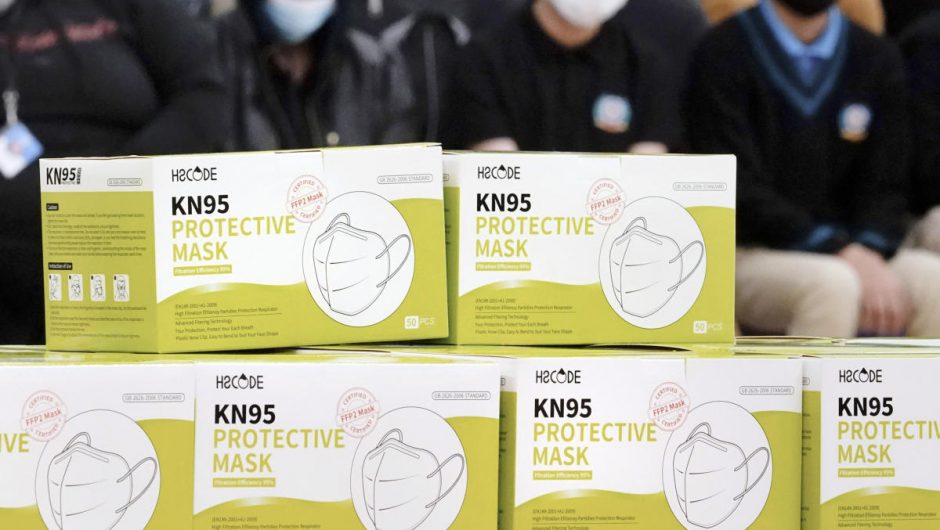[ad_1]
Roof top view of Cornell University campus with Barnes Hall and Sage Hall in the background.Getty Images
As of Friday, 1,605 of my classmates have tested positive for COVID-19.
Those in isolation are not taking time to recover, but instead are studying for finals.
Some students are sleeping in classrooms to avoid getting infected by their roommates.
I’m a student at Cornell University. As of Friday, 1,605 of my classmates have tested positive for COVID-19 in the last week, with many of them having the highly contagious Omicron variant.
Unsurprisingly, the campus is engulfed in fear, anxiety, and speculation, none of which have been mitigated by the University’s response.
Stress prevails as we try to avoid getting sick
Despite over 700 people testing positive since the start of the final exam period on December 11, in-person exams continued until Tuesday, with identified close contacts of COVID-positive individuals mandated to attend in-person if they did not show symptoms.
Those in quarantine have not been using their isolation period to recover from the virus; they have been studying and taking exams remotely, fearing threats of academic probation in retaliation for completing them later. This has been exacerbated by the lack of consistent guidelines for accommodations and general empathy — some students are still required to take finals despite having COVID, while others have been given extensions on assignments.
In addition, Cornell has run out of isolation housing, including hotel space off-campus. As a result, many people are forced to stay in their dorms, putting their roommates and suitemates at a high risk of getting infected; some students have reverted to the extreme measure of sleeping in classrooms in order to avoid getting sick.
Student-workers in particular were also put in danger of contracting the virus. Dining hall workers were told to come to work up until Wednesday while resident advisors (RAs) bore the responsibility of coordinating the quarantines of their fellow undergraduate residents.
There’s no clear communication between the university and students
Story continues
While the university tells us precious little, it means that those who have tested positive have been left with little direction, unsure of how to access any of the benefits Cornell is supposedly providing them with while continuing to stress over finals they are still expected to take.
Communication from Cornell Health officials about isolation housing has been scarce, leaving COVID-positive students to question if they have a safe place to quarantine.
In addition, many do not know how to access and use the food stipend provided, if they are even given one in the first place. There has been no word on how these students are expected to move out at the end of the semester when dorms close either, leaving them in a state of permanently stressed limbo. To make matters worse many students are unaware of how to access their COVID test results, despite the fact that we’ve had a weekly testing requirement throughout the past three semesters.
To some degree, it’s necessary to give Cornell the benefit of the doubt, given how unprecedented this outbreak was and how little we know about Omicron. That said, it is clear that more could’ve been done to prevent the situation from reaching this point.
There are inconsistent contact tracing procedures that have resulted in students being notified of having been in close contact days after exposure, as well as no clearly outlined, universal policy for dealing with cases, particularly large outbreaks. This is in line with a much larger trend of university officials ignoring student pleas for mental health resources and accommodations.
While our robust testing system is definitely admirable, it feels like Cornell has put our safety as secondary to our academic productivity.
Read the original article on Insider
[ad_2]
Source link




